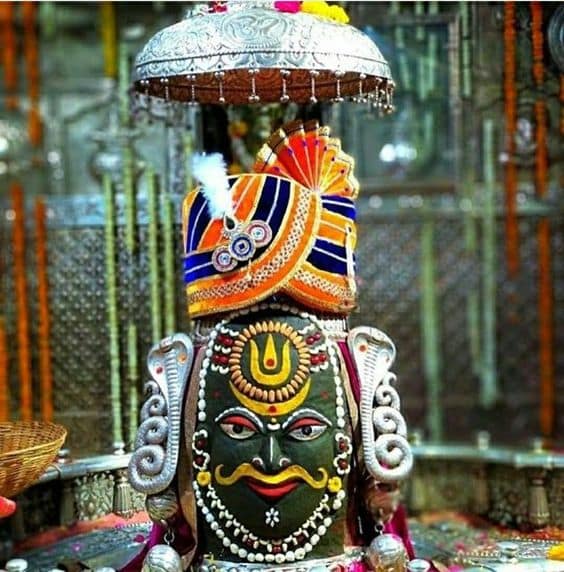
Ujjain, located in the heart of India, is a city steeped in history, spirituality, and culture. Situated on the banks of the sacred Kshipra River in Madhya Pradesh, Ujjain is not only a religious epicenter but also a place where ancient wisdom meets contemporary life. From being one of the most significant cities in ancient India to maintaining its relevance in the modern world, Ujjain’s importance transcends time and space.
1. A Spiritual Hub: The Land of Mahakal
Ujjain is best known for its connection with Lord Shiva, one of the principal deities in Hinduism. The Mahakaleshwar Temple, which houses one of the 12 sacred Jyotirlingas, draws millions of devotees from across the world. The very presence of this Jyotirlinga is believed to protect the city, and its spiritual significance is immense. Visitors to the Mahakal Temple are said to be blessed with inner peace, liberation from life’s suffering, and a connection to the divine.
Aside from the Mahakaleshwar Temple, Ujjain is also home to several other temples, including Harsiddhi Temple, Kal Bhairav Temple, and Mangalnath Temple. These sacred sites make the city a destination for pilgrims year-round, especially during the Kumbh Mela, a grand spiritual festival that takes place every 12 years.
2. The Ancient City of Learning and Culture
In ancient times, Ujjain was not only a religious center but also an intellectual hub. It was home to the great scholar and mathematician Varahamihira and the astronomer Brahmagupta. The city housed numerous educational institutions where knowledge of astronomy, mathematics, philosophy, and sciences flourished. The renowned Vikram University, named after the legendary King Vikramaditya, continues this tradition of learning today.
The city’s observatory, Jantar Mantar, built by Raja Jai Singh, is another symbol of Ujjain’s deep ties to astronomy. Ujjain’s location on the Tropic of Cancer made it a focal point for astronomical observations, and to this day, the city retains its ancient heritage in this field.
3. The Richness of History
Ujjain’s historical significance is vast. It was a prominent city in the Mauryan Empire and later became the capital of King Chandragupta II’s Gupta Empire, a golden age for the region. The city’s history is intricately linked with tales of bravery, wisdom, and leadership, especially during the reign of King Vikramaditya, who is credited with great advancements in governance and culture.
Ujjain also played a crucial role in trade and commerce, as it was located on the ancient trade route connecting northern India to southern regions. This geographical advantage allowed it to flourish economically and culturally, with artisans, scholars, and traders flocking to the city.
4. The Kumbh Mela: A Celebration of Faith
Ujjain is one of the four cities where the Kumbh Mela, the world’s largest spiritual gathering, takes place. The Simhastha Kumbh Mela held in Ujjain is celebrated every 12 years and brings together millions of pilgrims, sadhus, and tourists. The sacred bath in the Kshipra River during the Kumbh is believed to cleanse one’s sins and offer salvation. This grand event not only showcases the city’s spiritual importance but also highlights its capacity to bring together people from diverse backgrounds in a celebration of faith and unity.
5. A Blend of Spirituality and Modernity
While Ujjain is an ancient city rooted in tradition, it has adapted to the needs of the modern era without losing its cultural essence. It now has well-developed infrastructure, modern amenities, and a thriving tourism industry. The city balances the spiritual with the secular, attracting not just pilgrims but also history enthusiasts, cultural travelers, and researchers.
Conclusion: Ujjain – A City Beyond Time
Ujjain’s significance lies in its ability to transcend the boundaries of time. From being a center of learning and spirituality in ancient times to maintaining its revered status in modern India, the city continues to inspire and guide millions. Whether through its temples, its rich history, or its role as a site of global religious events, Ujjain offers something for everyone—pilgrims seeking divine blessings, scholars tracing ancient wisdom, and travelers exploring the rich tapestry of India’s heritage. The city is not just a place on the map; it is a living testament to India’s spiritual and cultural continuity.